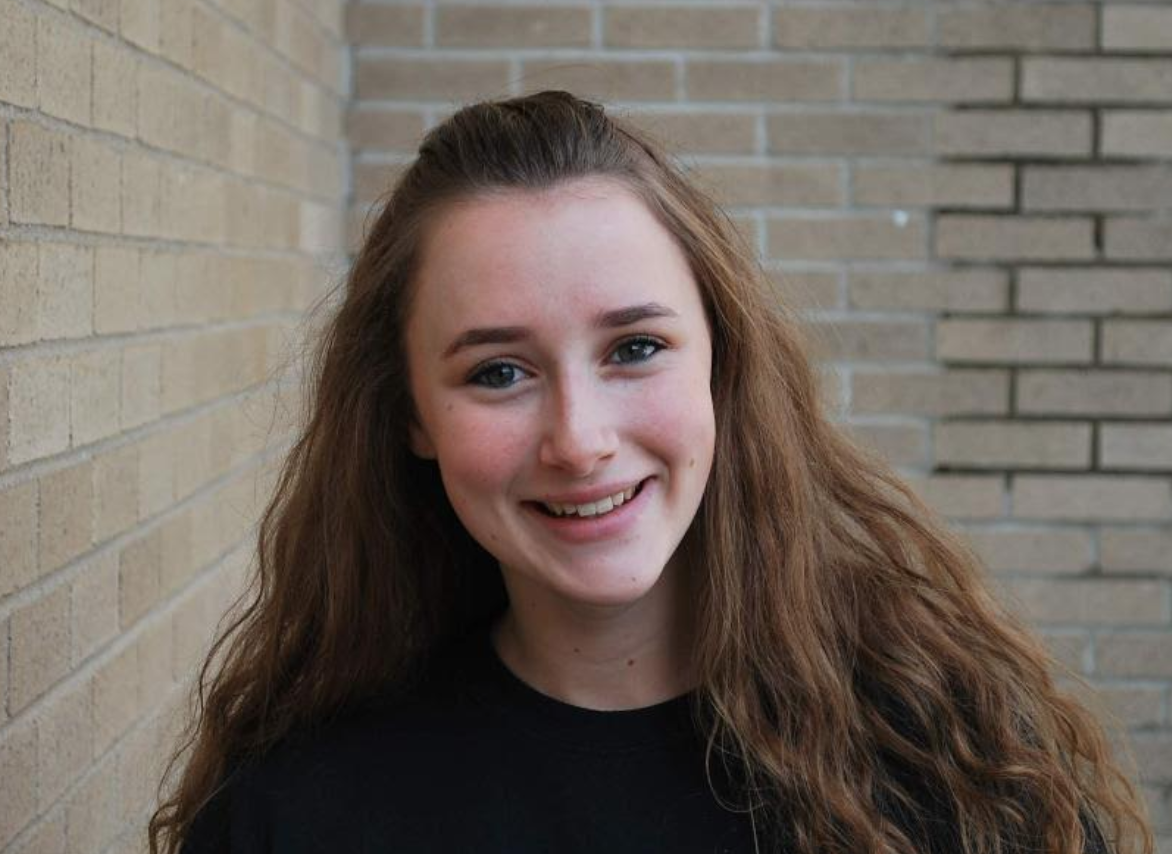As a young child, maybe at six years old, it was hard for me to grasp why my family’s gray minivan would pass so many people in their dresses, heels, fancy hats, suits, and ties with tallit in hand on the way to synagogue every Saturday morning. I understood it was Shabbat and that many people keep the custom of not working on Shabbat, but I just could not comprehend how driving, or watching TV, or even cooking was considered to be work – they were just a part of everyday life.
As a ten-year-old camper, I was exposed to fully observing Shabbat at Camp Young Judaea Sprout Lake and then later on in my camp career at Camp Tel Yehudah, where we refrained from touching light switches, using the stove on Saturdays, listening to music, writing, and more. Thinking about having to follow all of these rules was exhausting. “How am I going to remember? Will I be bored? Will people be mad at me if I forget?” were all thoughts scrambling through my young head. I had never “kept Shabbat” before – would I survive?
Turns out – I survived. Actually, when I welcomed Havdalah at the end of Saturday night, I was thriving. I felt refreshed, and although I could not realize or vocalize it at the time, that first observance of Shabbat had changed me. After nine summers of attending Young Judaea camps, summer programs, even working them, I finally have a sense of what makes Shabbat so special – way beyond the idea of just abstaining from work. Because, beyond just the day of rest, Shabbat is a feeling and a mindset, different than any other experience. It is a time to reflect, recover, and relax after a busy week. It is a fresh start that is very much so deserved.
Throughout the years, and the countless Shabbats that have followed after that very first one, I learned so much about this weekly observance. Due to the extra verses added onto the Birkat sung at camp on Shabbat, I learned that I had so much to be thankful for, as every day I knew where my next meal would come from. In fact, I had the luxury of driving my counselors crazy by refusing to eat certain foods. They would be able to provide me with another option after my stubbornness shone through to them. Additionally, on Shabbat, after refusing to open a Siddur service after service, I realized that the elongated services were actually more fun if you participate, until I was happily singing along and then eventually the one leading the services. Now, Shabbat services surrounded by nature and my best friends at camp, is my favorite place in the world and is something I long for.
Although I have not yet found the kind of peace that Shabbat at camp brings, I have brought certain aspects of Shabbat vibes with me everywhere I go. For example, in college, I spend my Friday nights surrounded by my friends at a musical Shabbat dinner with only the best Challah, soup, brisket, and chicken. This home-cooked meal takes me away from the bustling campus, busy dining hall, and late nights of studying, truly making my Shabbat a meaningful and beautiful experience. Immersing myself in a Shabbat service that includes lively and joyous prayer both at camp every summer and while at Towson University, keeps me in touch with my personal Judaism and provides me with the stability I need to live my everyday life. Without Shabbat rituals of my mother’s weekly “Shabbat Shalom, G-d Bless!” texts, a home-cooked meal, and a musical way to express my gratitude, my life would be incomplete to the point of meaninglessness.
My Judaism is both unique and unconventional. Without following every particular law of Judaism, I can still call myself “religious” because we all feel, observe and practice our Judaism in ways that work for our lives. Although I am not the same six-year-old girl who gazes at the people walking to synagogue through the car window, wondering about the phenomenon of Shabbat, I still dream about the things I am going to accomplish and the person I am going to be when I grow up. Whether that is a lawyer, politician, or detective, I know I will always have a safety net in the form of my Shabbat to fall back on.


